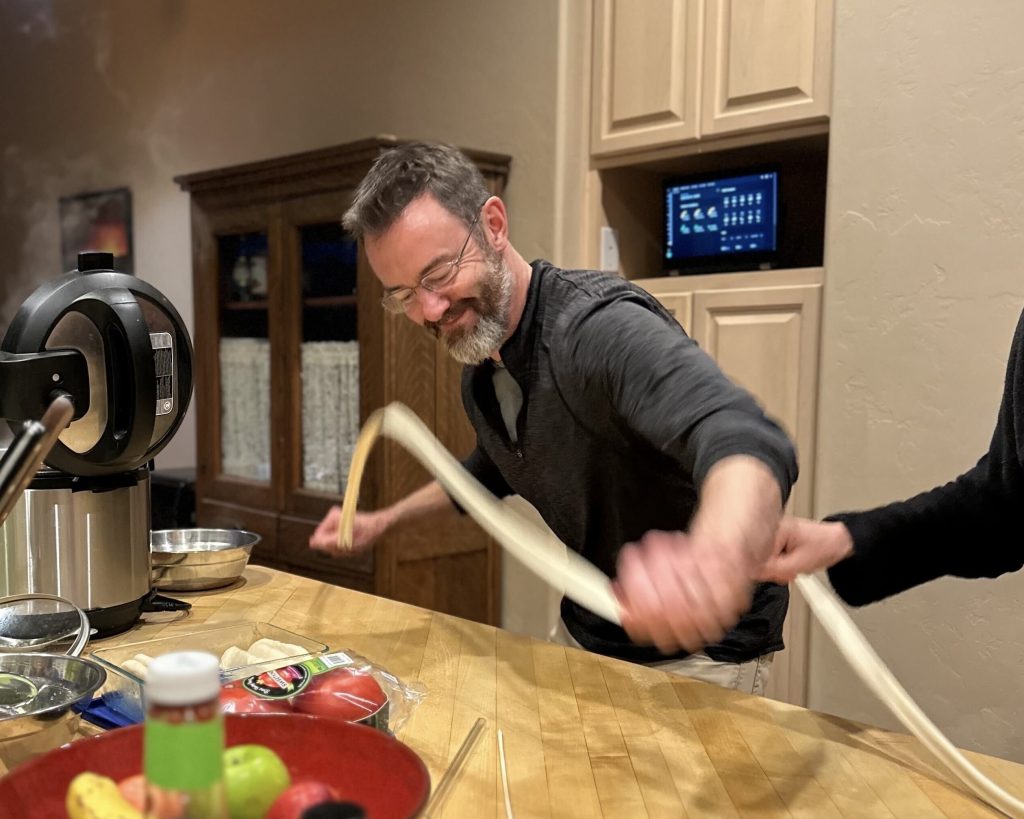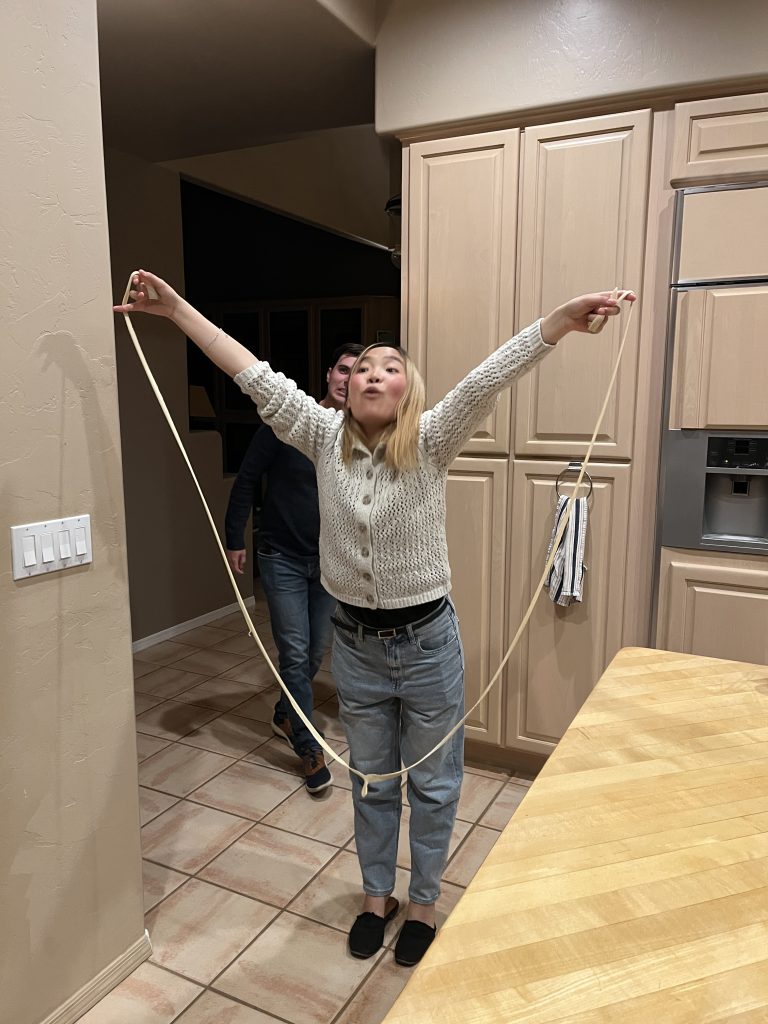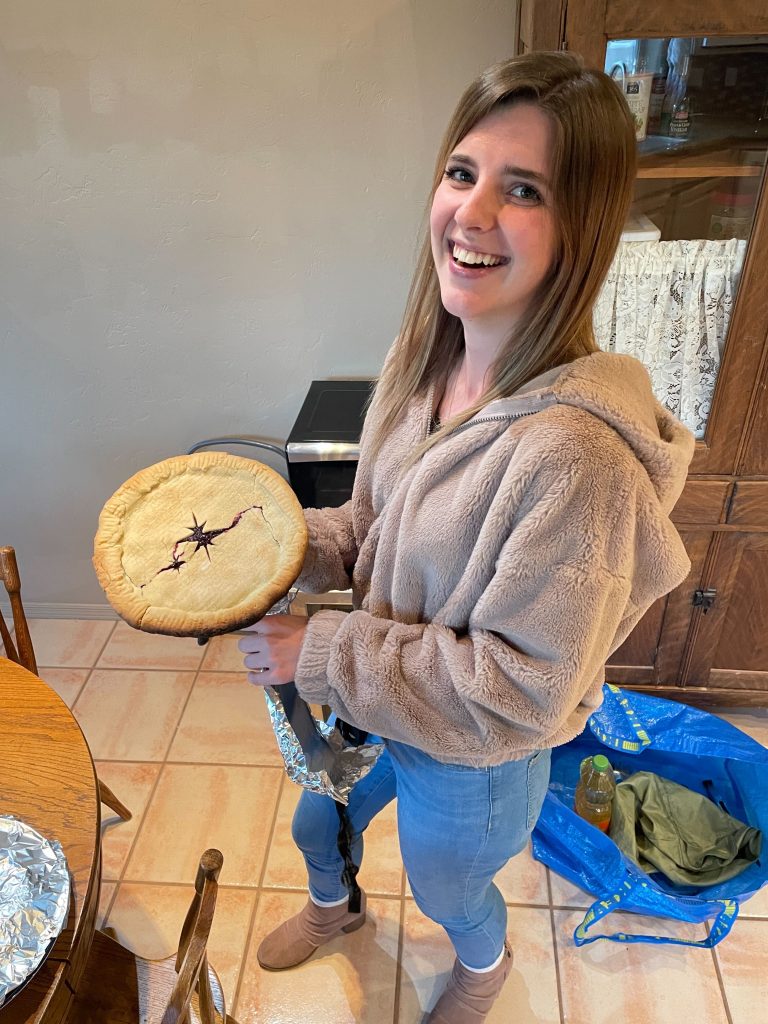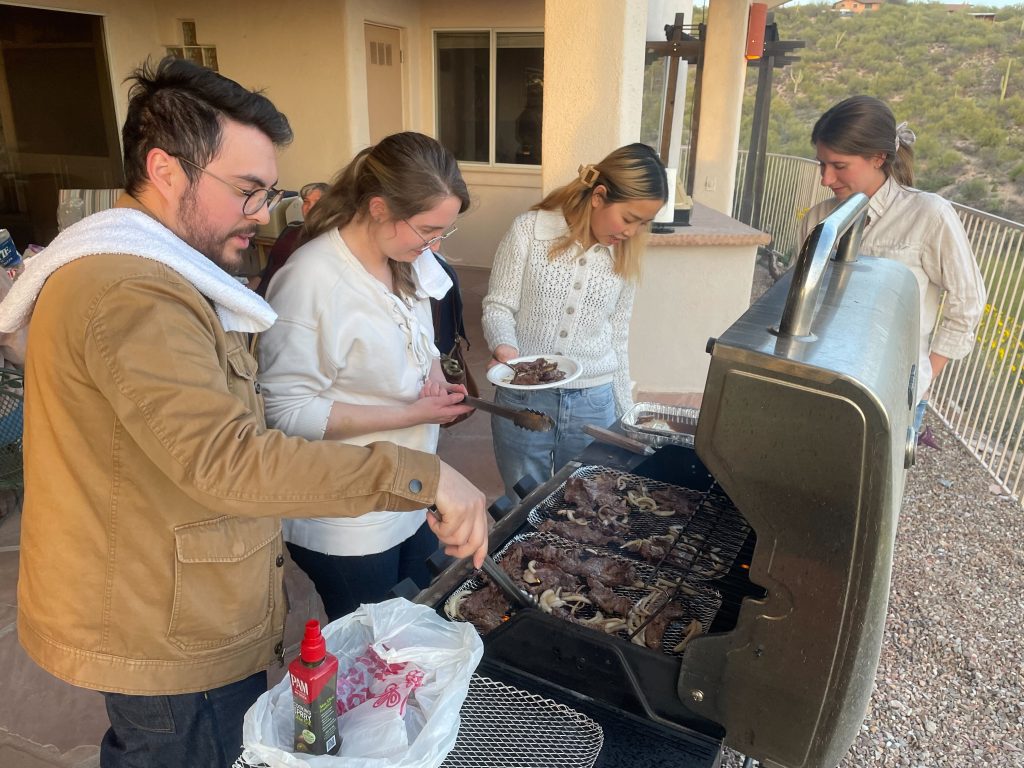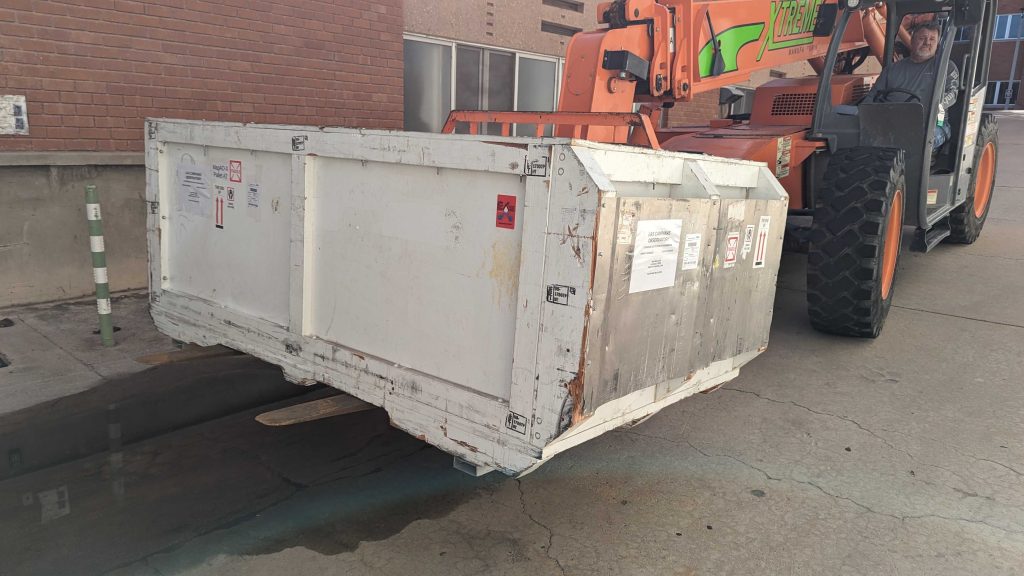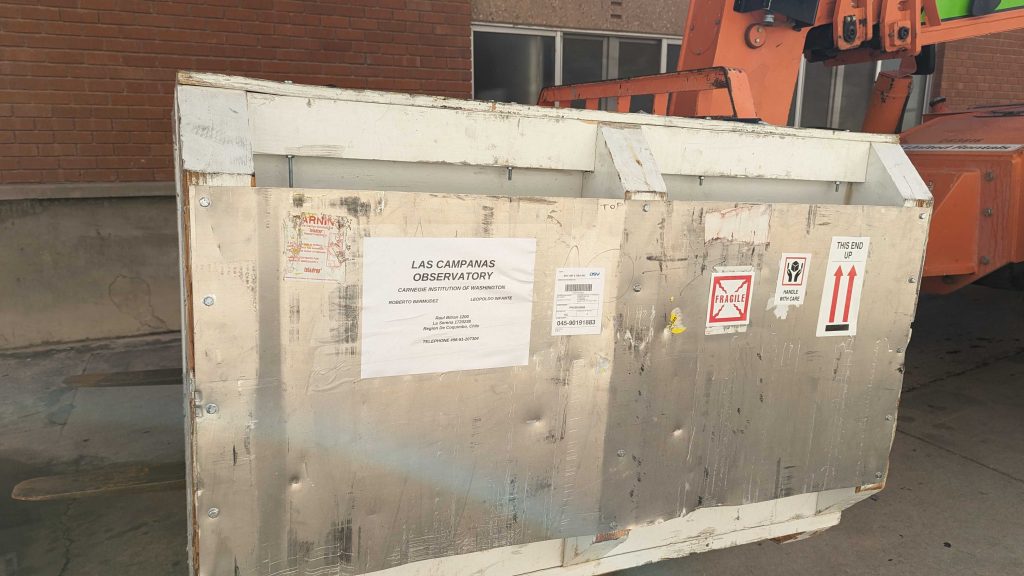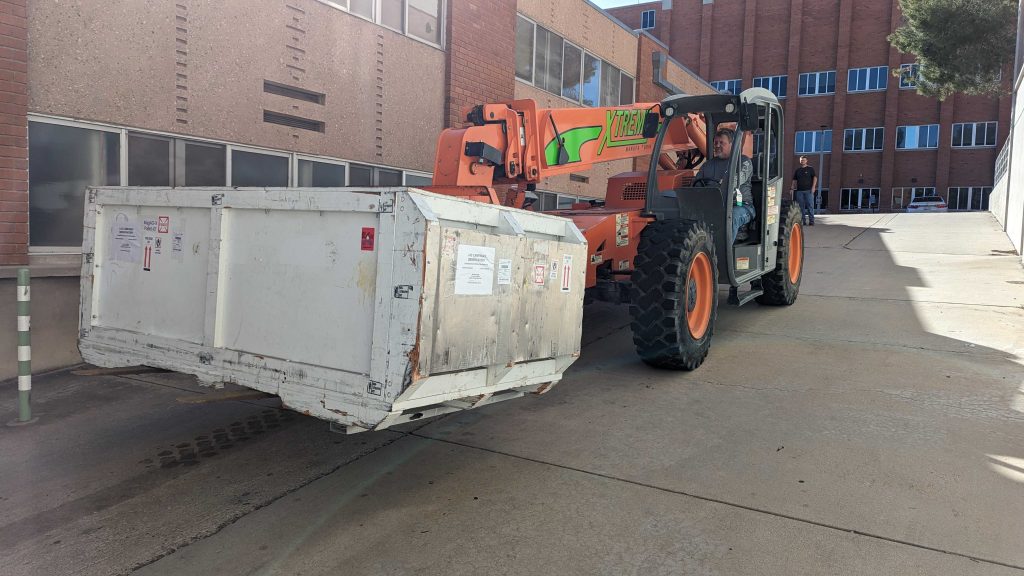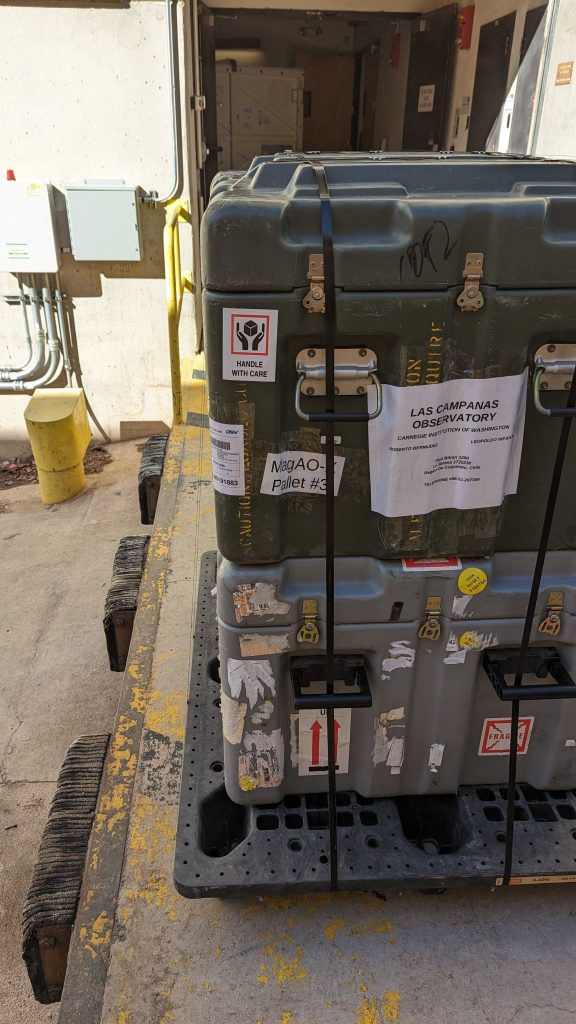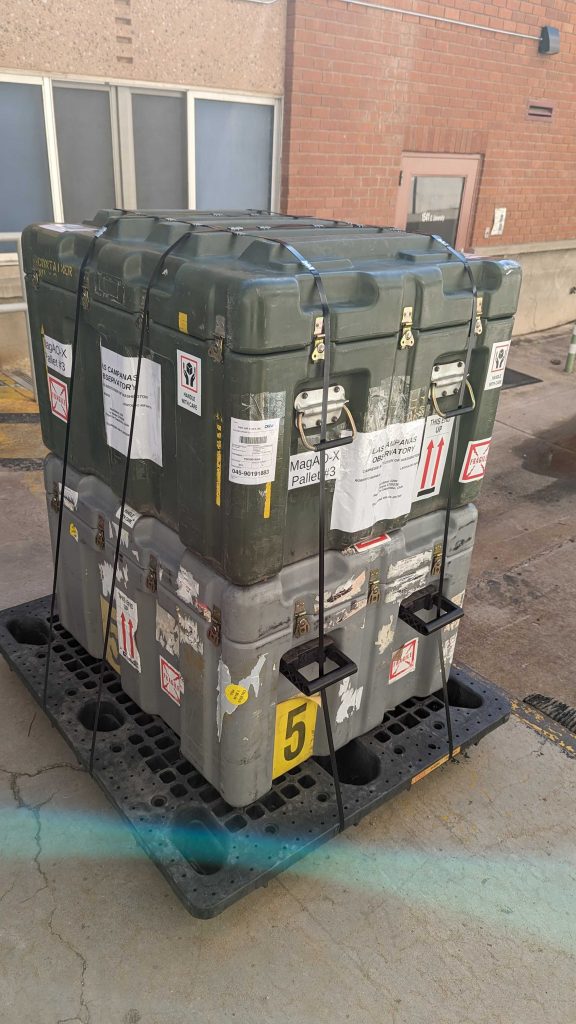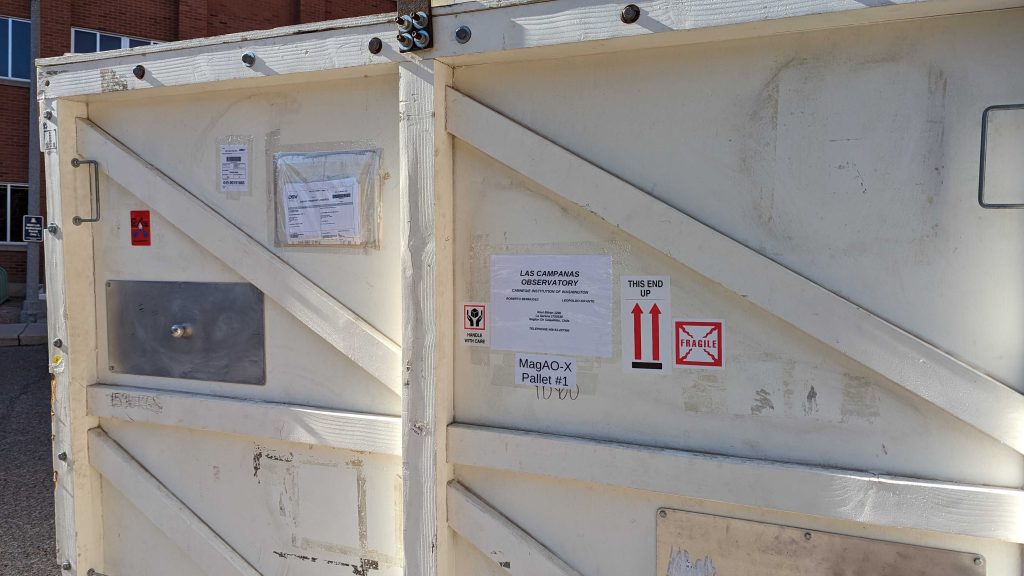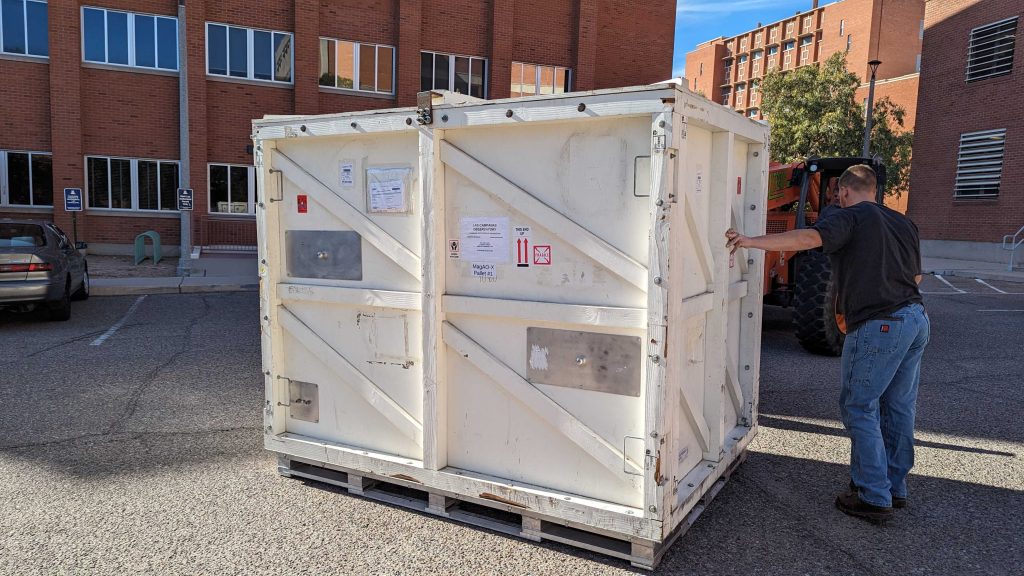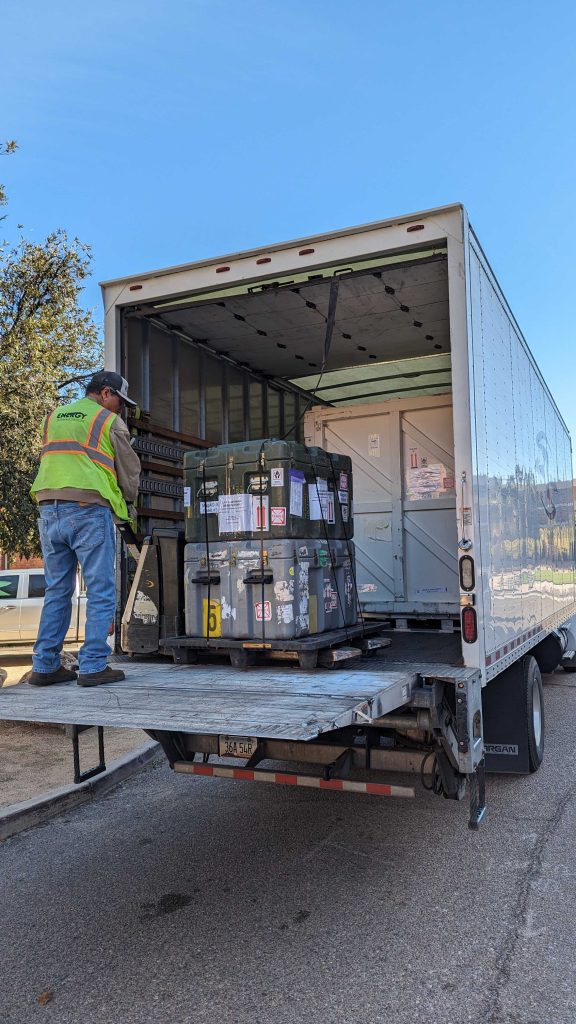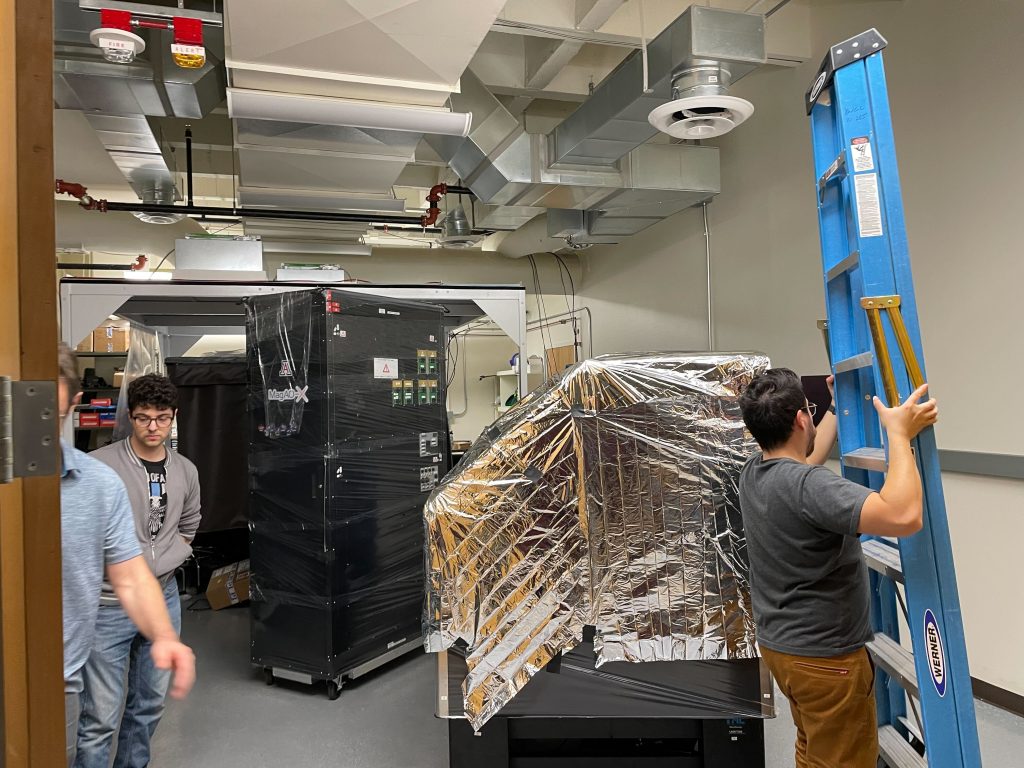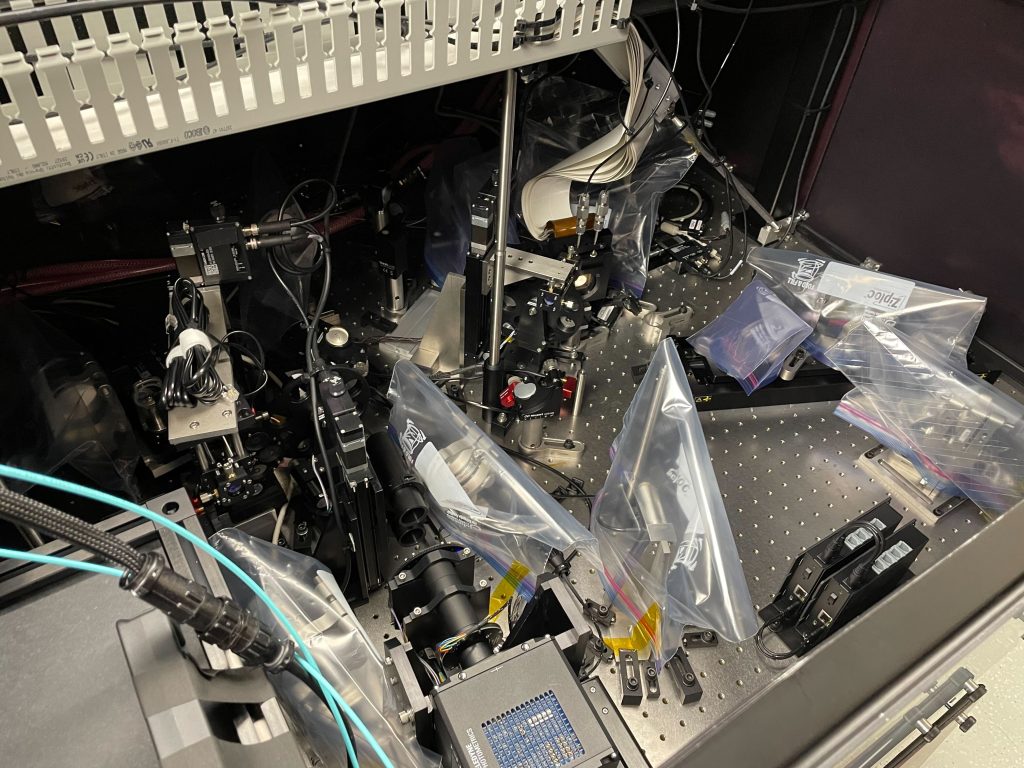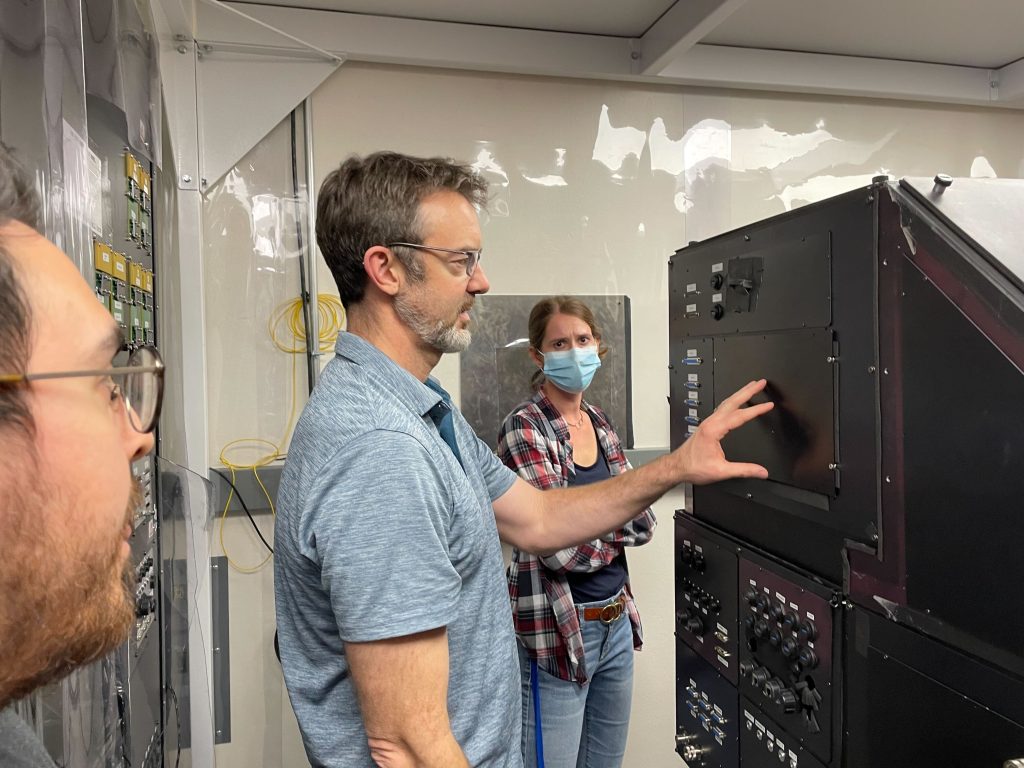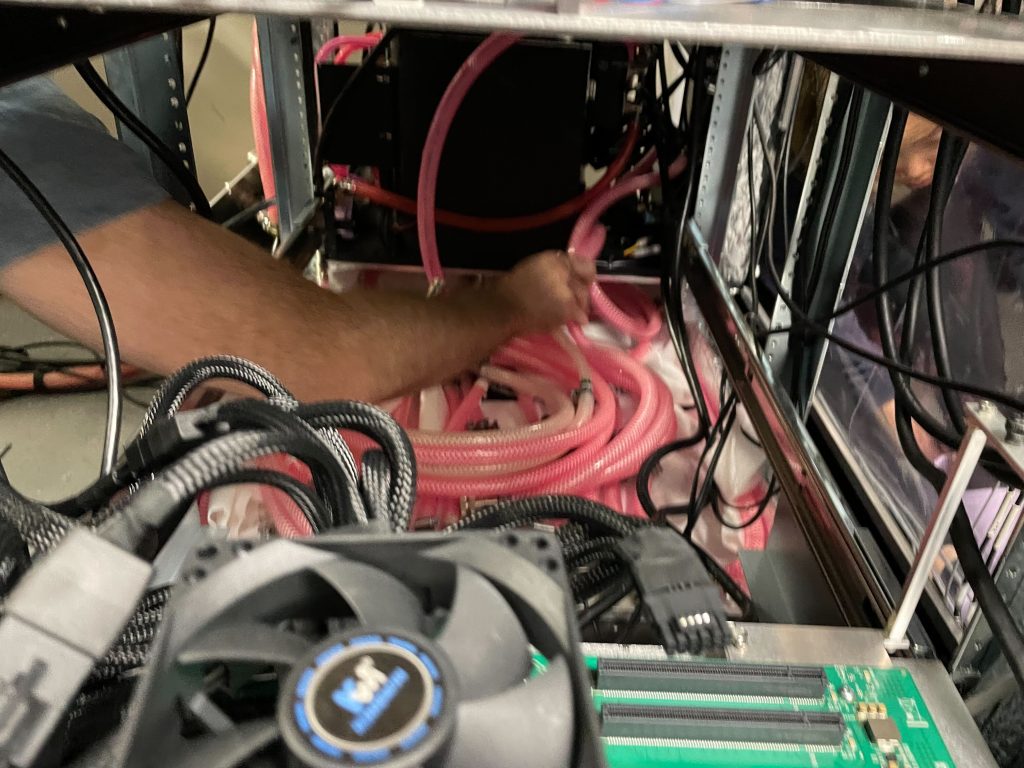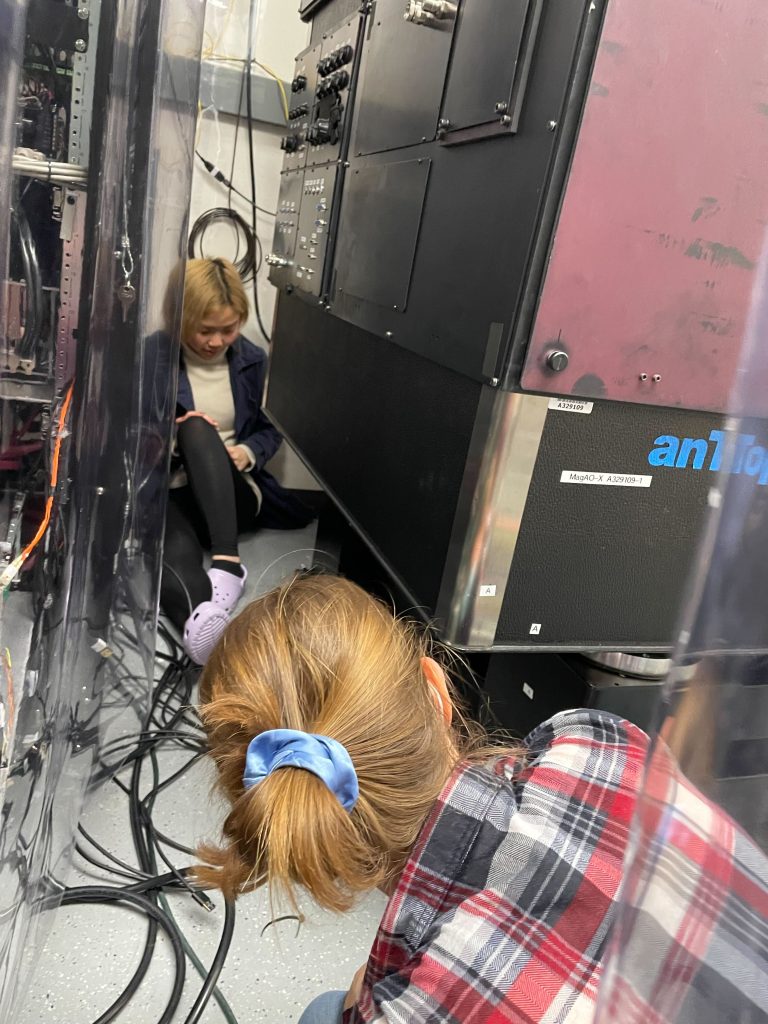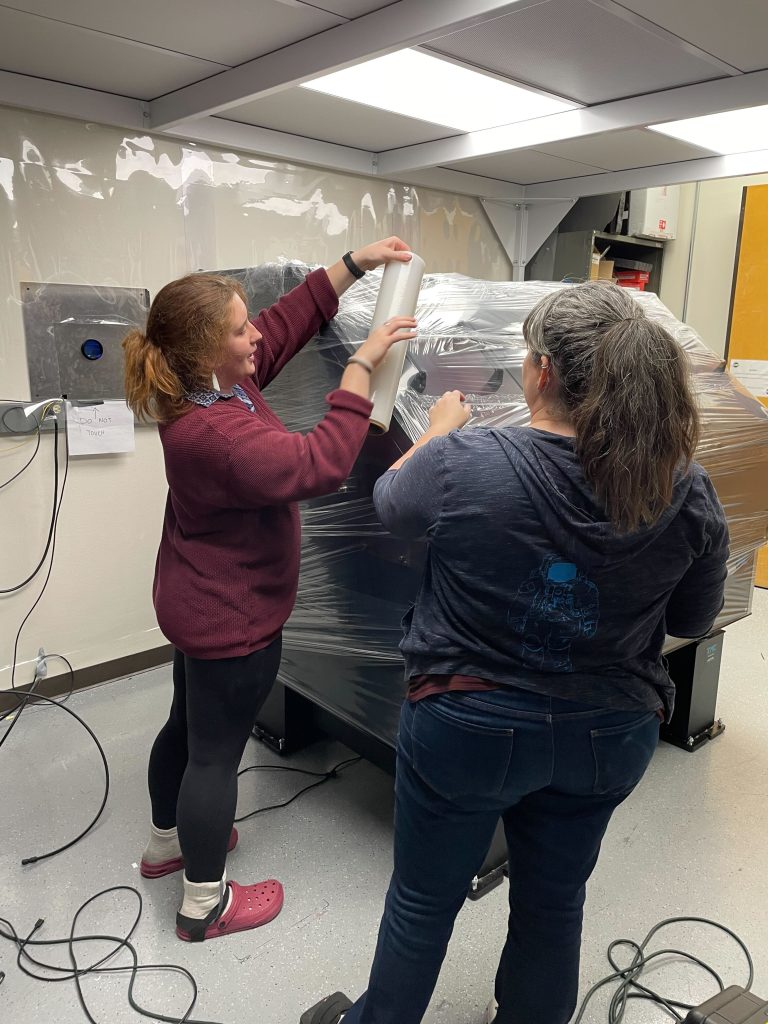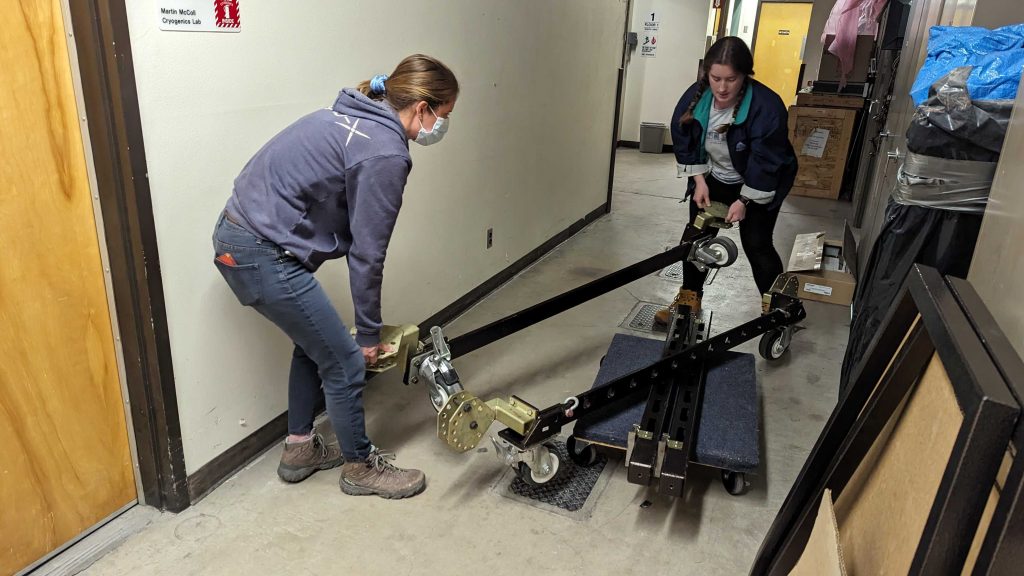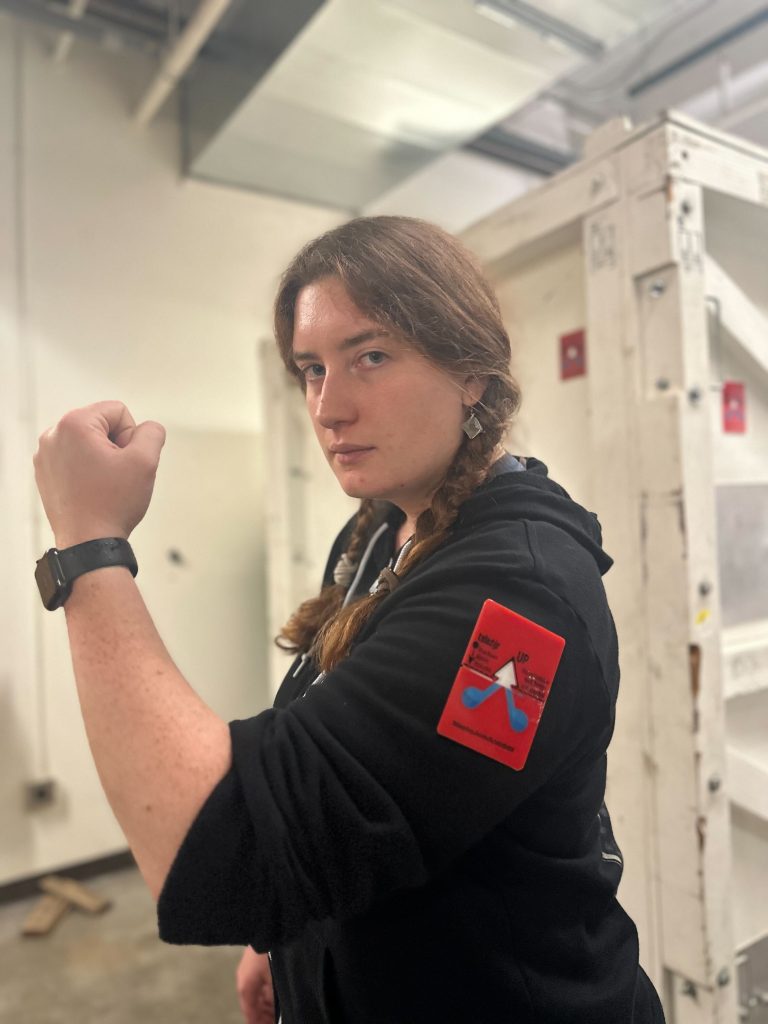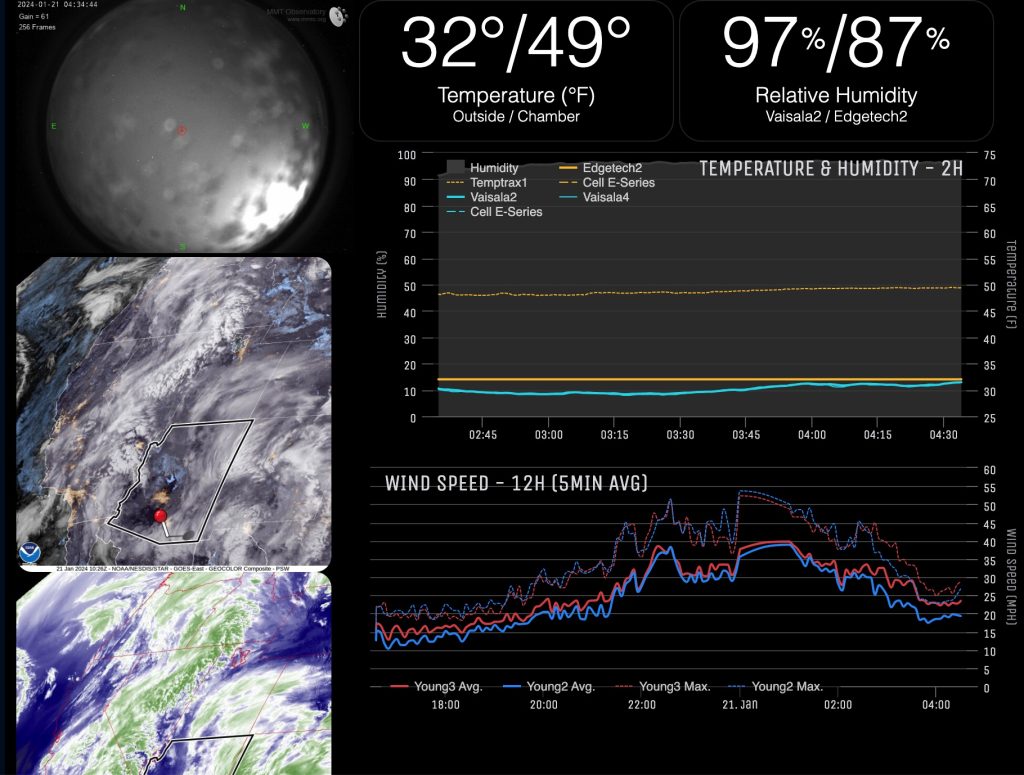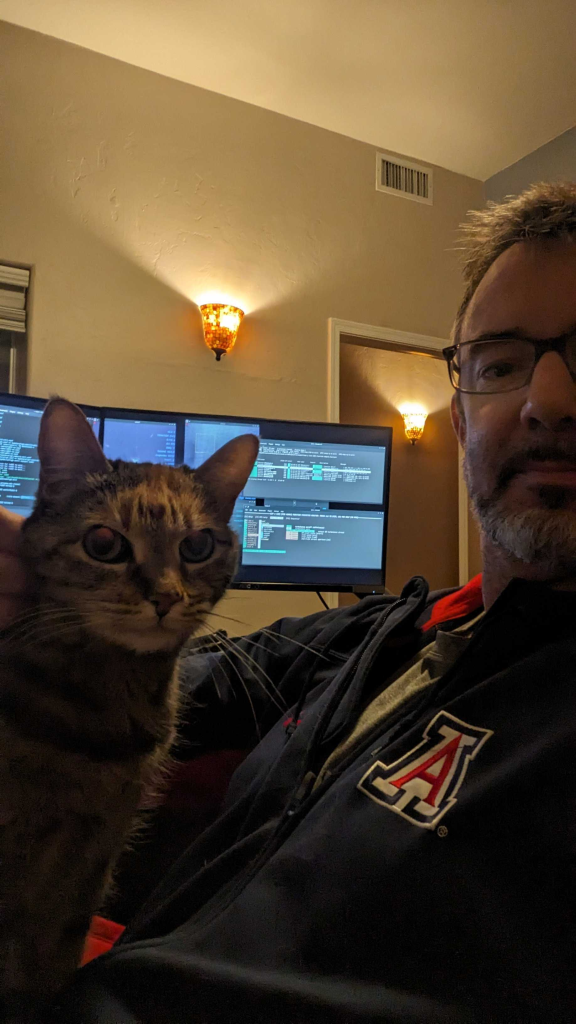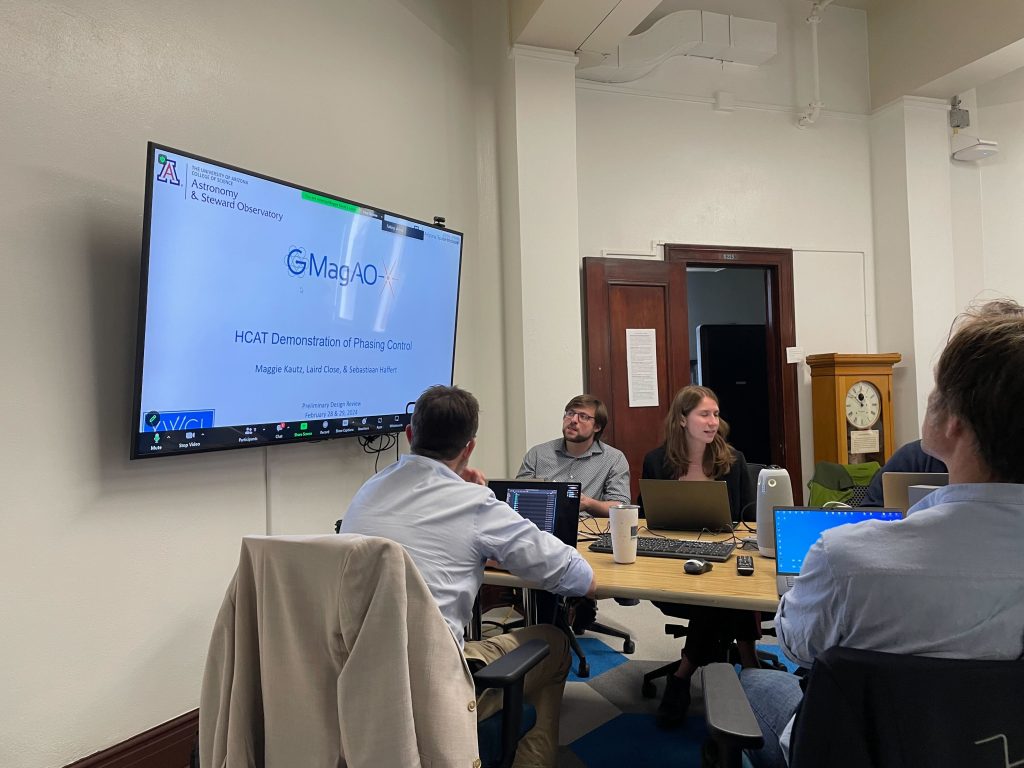
GMagAO-X just hit another big milestone, we just finished up its Preliminary Design Review (PDR). If you haven’t been to one before, a PDR is a chance for a design to be critiqued and tweaked before moving on. If a project does well on its PDR, it’ll have good reason to be funded and moved to its next phase, the Final Design Review (FDR). If the committee finds it needs more work, an instrument might have another PDR in its future (this has happened to a few other ELT instruments).
Our hope is that GMagAO-X becomes a first light instrument at the GMT, and the PDR is a huge first step.
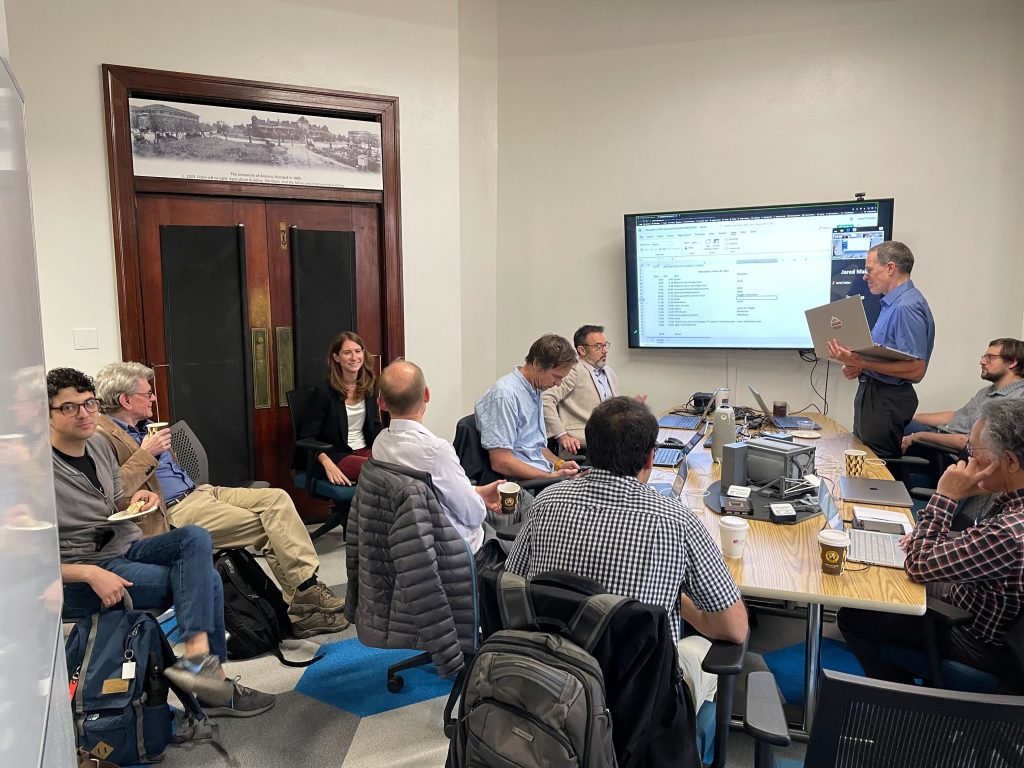
A huge thanks to the committee members who made their way to Tucson to give their expertise to the exercise:
- Antonin Bouchez (who previously worked with GMT AO, and now is the director of AO at Keck)
- Dimitri Mawet (PI for KPIC, the High contrast fiber fed instrument at Caltech)
- Mike Bottom (UHawaii)
- Markus Kasper (ESO)
- Alan Uomoto (Carnegie Observatory)
The two days were filled with talks about everything from science motivation, to optical design, to predicted schedule and budgeting. We got to do it all in Steward’s historic dome, specially outfitted for the experience.
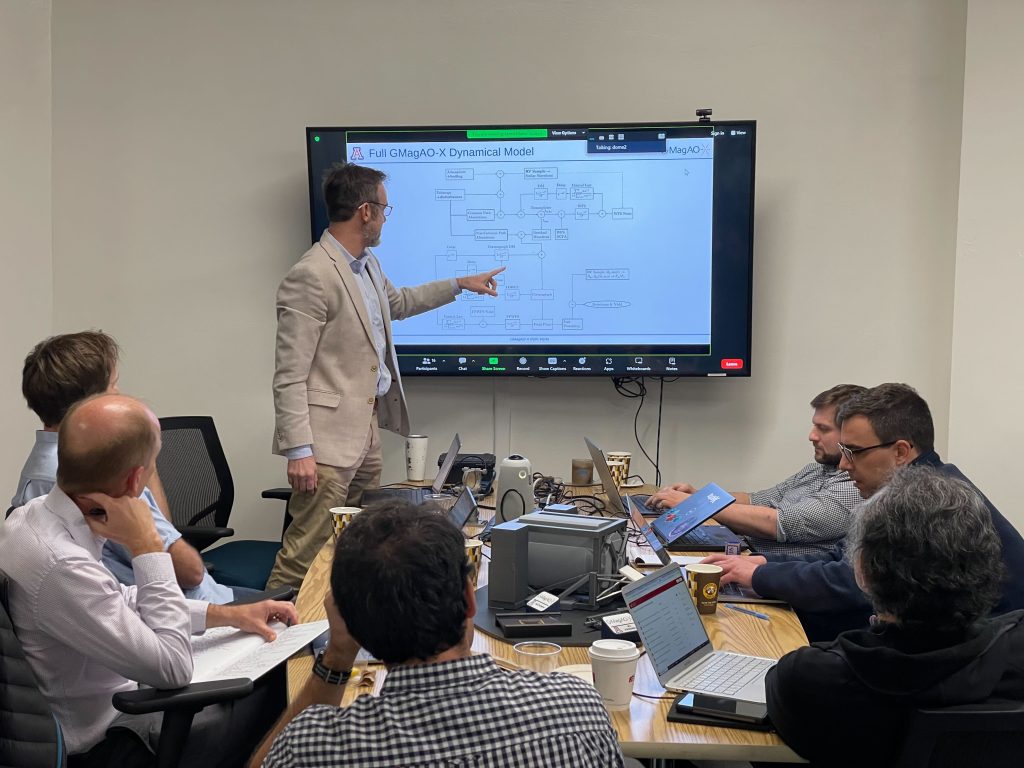
Since we had them out here in Tucson, the festivities got to include gadgets like a to scale model of of the GMagAO-X design, a non-functional 3K like the ones planned on in the design, and the patented optical locking clamp. Maggie also got a chance to show off the HCAT bench, for some hands on learning.
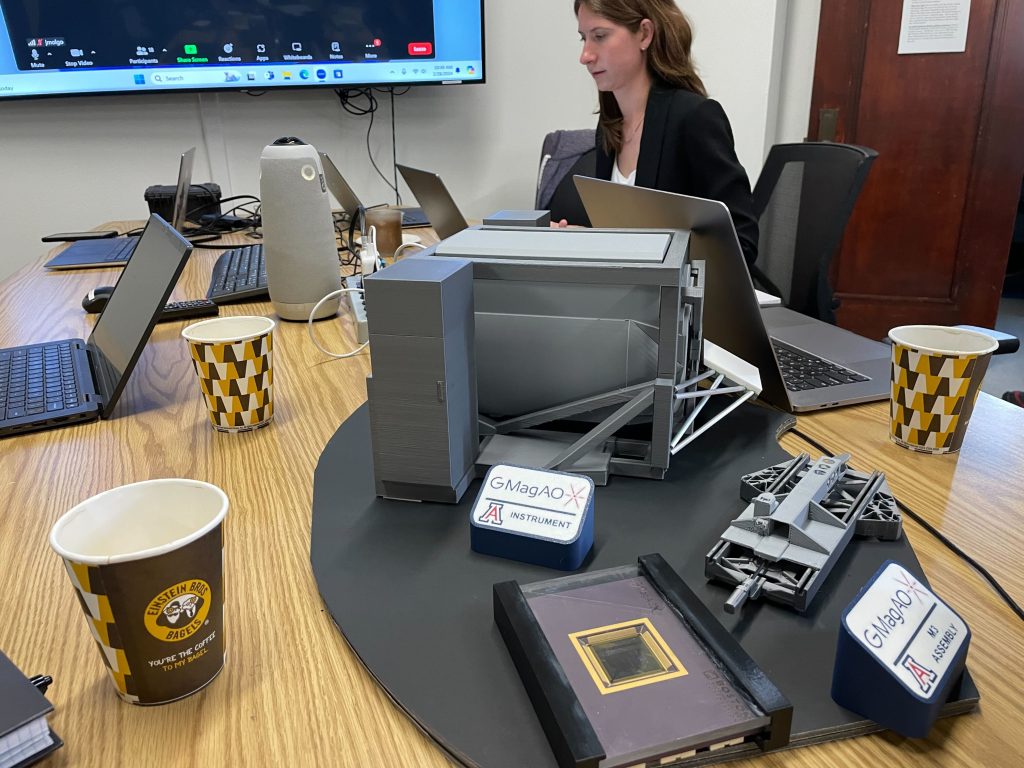
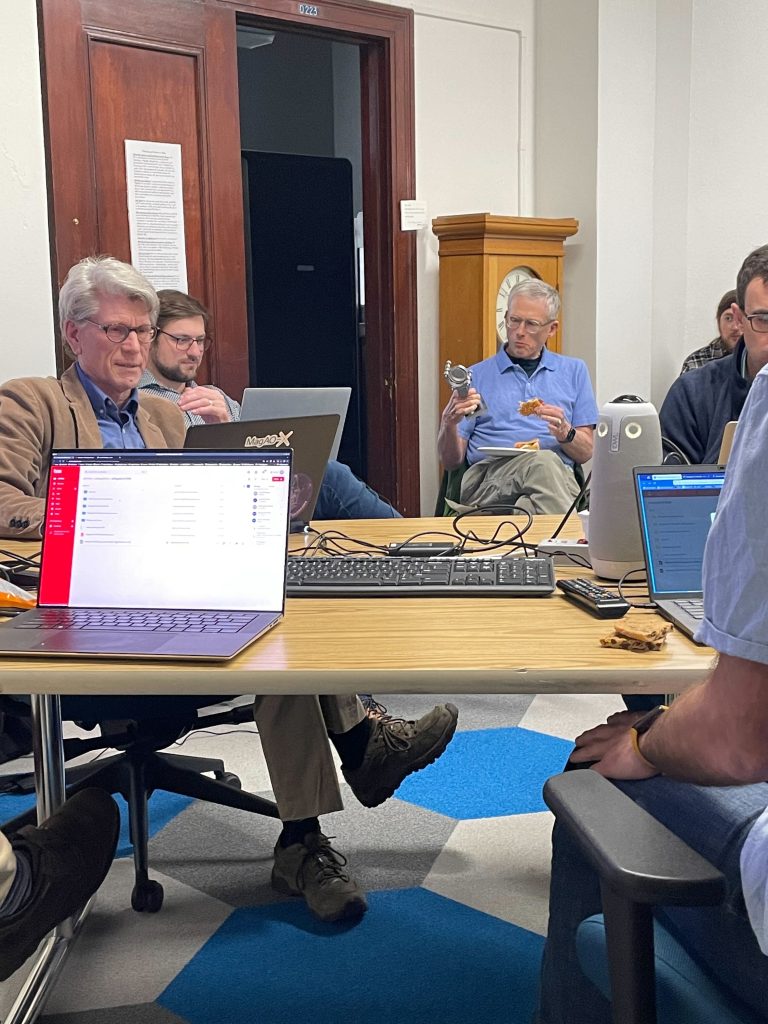
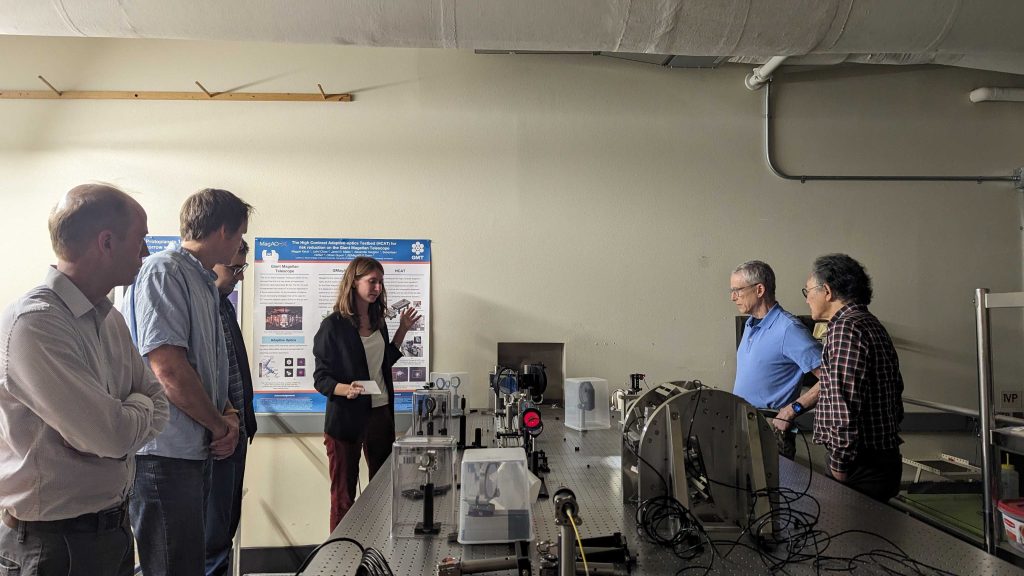
This was also a good chance for the rest of the team to catch up on where the GMagAO-X project is at.
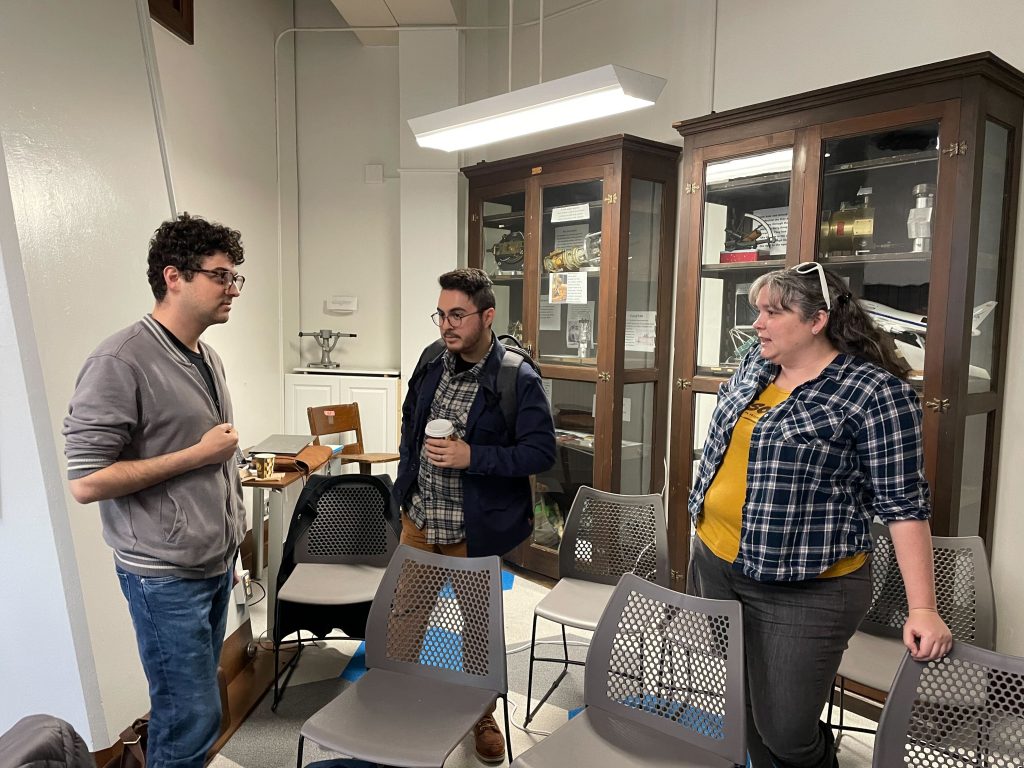
Thank you again to all the people who put in the work to pull the two days of review together, the committee for their attention and helpful comments. GmagAO-X is a stronger instrument because of the PDR!
